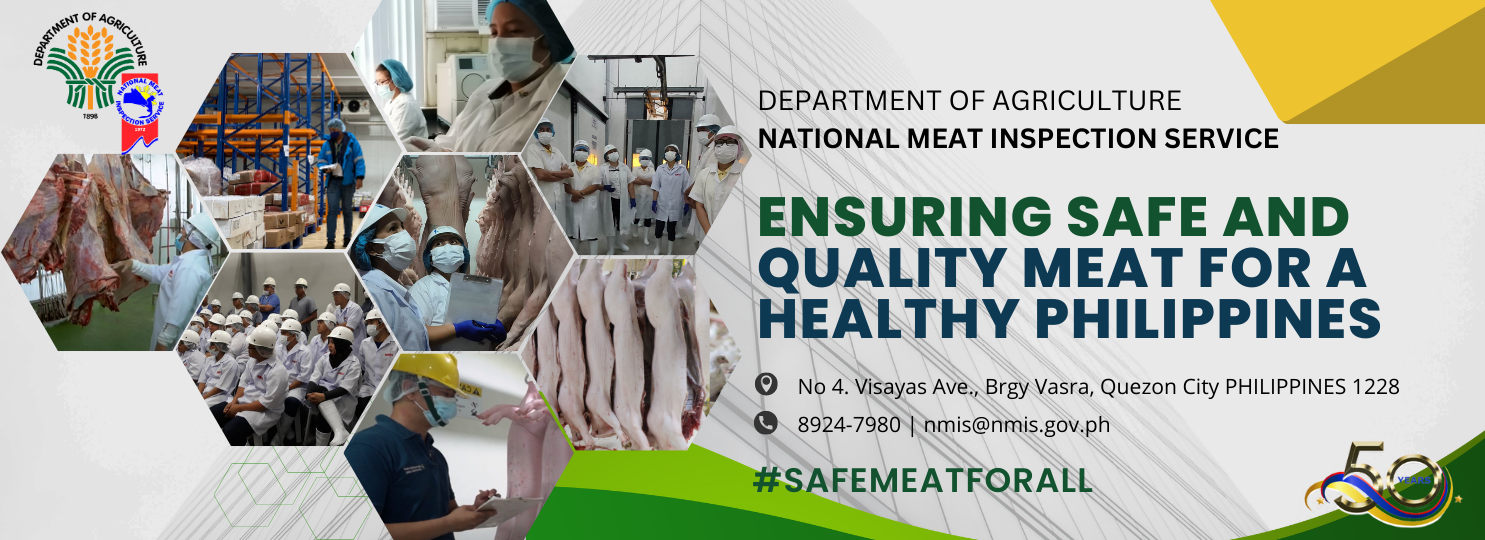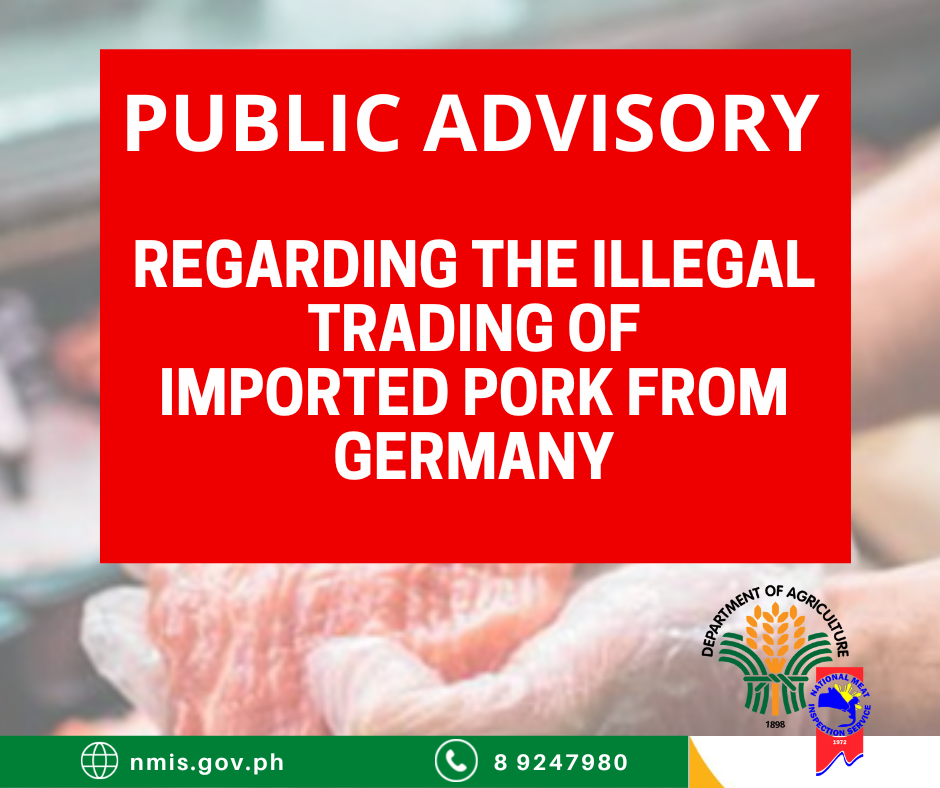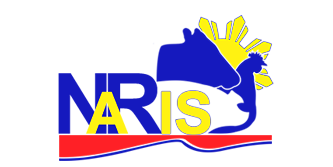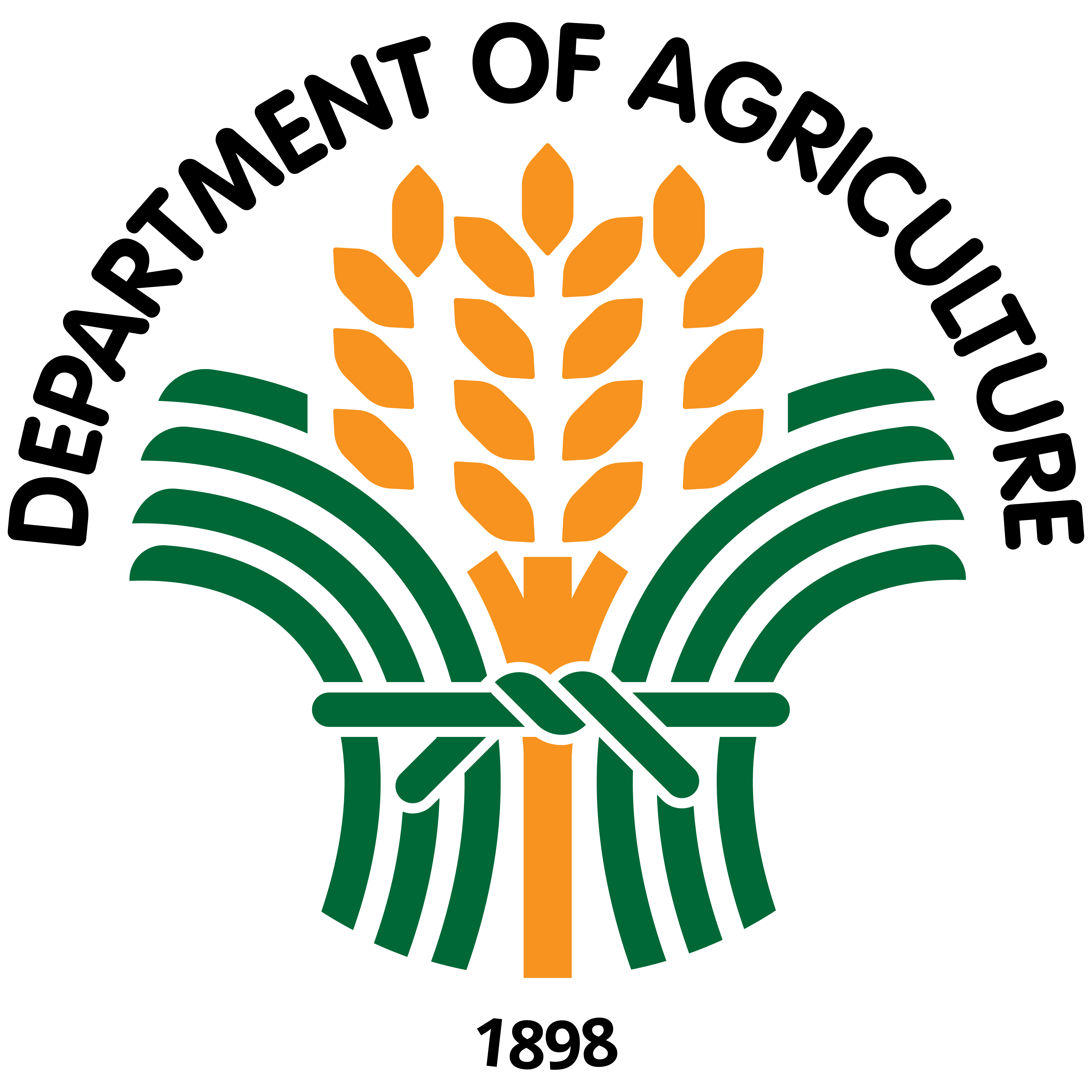PATHOGEN MONITORING PROGRAM
Aims to determine the tolerable limit of bacterial spoilage on meat and provide data of the identified pathogens. It also aims to monitor the unsanitary practices and improper handling of meat during slaughter and transport.
Meat Science and Technology Program
This is another support program of the agency linking with the Local Government Unit (LGU) counterparts for their capability building and development. This program also equips technical personnel, both local (LGU) and national (NMIS), with valuable expertise needed in the performance of their profession and in the rendering of their services to stakeholders. The following subprograms define the nature of this program: LGU Meat Control System Development Pro-gram, NMIS Capacity Building, Data Management and Meat Standards and Research.
The LGU Meat Control System Development Program endeavors to strengthen and support the meat inspection, enforcement and implementation system in LGUs by adopting the 10-year Strategic Action Plan and Program. The focus of the development is to increase the accreditation rate of locally registered meat establishments (LRMEs) by improving their hygiene and sanitation program and technically capacitate the local meat inspectors. This is done through the Guidelines on Good Hygienic Slaughtering Practices (AO 19 s. 2010).
Another similarly important program is the NMIS Capacity Building which includes the Basic Meat Inspection Training Course (BMITC), the Slaughterhouse Operation and Management Orientation Seminar (SOMOS), and the Orientation Seminar for Butchers and Meat Handlers. These cater to the regulatory officers of local and national government as well as the meat industry clientele.
In addition, the Data Management Program aims to collect slaughter report in meat establishments. This is in coordination with the Bureau of Agricultural Statistics (BAS).
Lastly, the Meat Standards and Research Program is one of the subprogram that promotes the development of the meat industry ensuring adequate supply of quality and safe meat and meat products through different scientific studies and project proposals from universities and colleges.
Attachments:
Meat Import-Export Assistance and Inspection Program
The program guarantees that imported meat and meat products coming into the country and those for export are fit for human consumption. This is done by means of monitoring and inspection of imported meat and meat products at cold storage warehouses and issuance of certification for meat and meat products intended for export. In addition, meat importers, brokers, traders and handlers are licensed, registered and certified as decreed by the law to deter illegal trading. Technical smuggling is also daunted through evaluation for eligibility of Foreign Meat Establishments (FMEs) intending to export to the Philippines.
Attachments:
![]() Meat Import-Export Assistance-and-Inspection-Program.pdf [ ]37 Kb
Meat Import-Export Assistance-and-Inspection-Program.pdf [ ]37 Kb
Hazard Analysis and Critical Control Point (HACCP) Program
This program is internationally recognized system, which is science-based and systematic, identifies hazards and measures for their control to ensure the safety of food.
This program is adopted by Food and Agriculture Organization (FAO) and World Health Organization (WHO), as the basic sanitary or phytosanitary (SPS) Standards applied to food producers in every country.
Pursuant to Department of Agriculture Administrative Order No. 9 series of 2003, the National Meat Inspection Service (NMIS) implements the Mandatory Application of HACCP Program in all accredited “AAA” Meat Establishments









